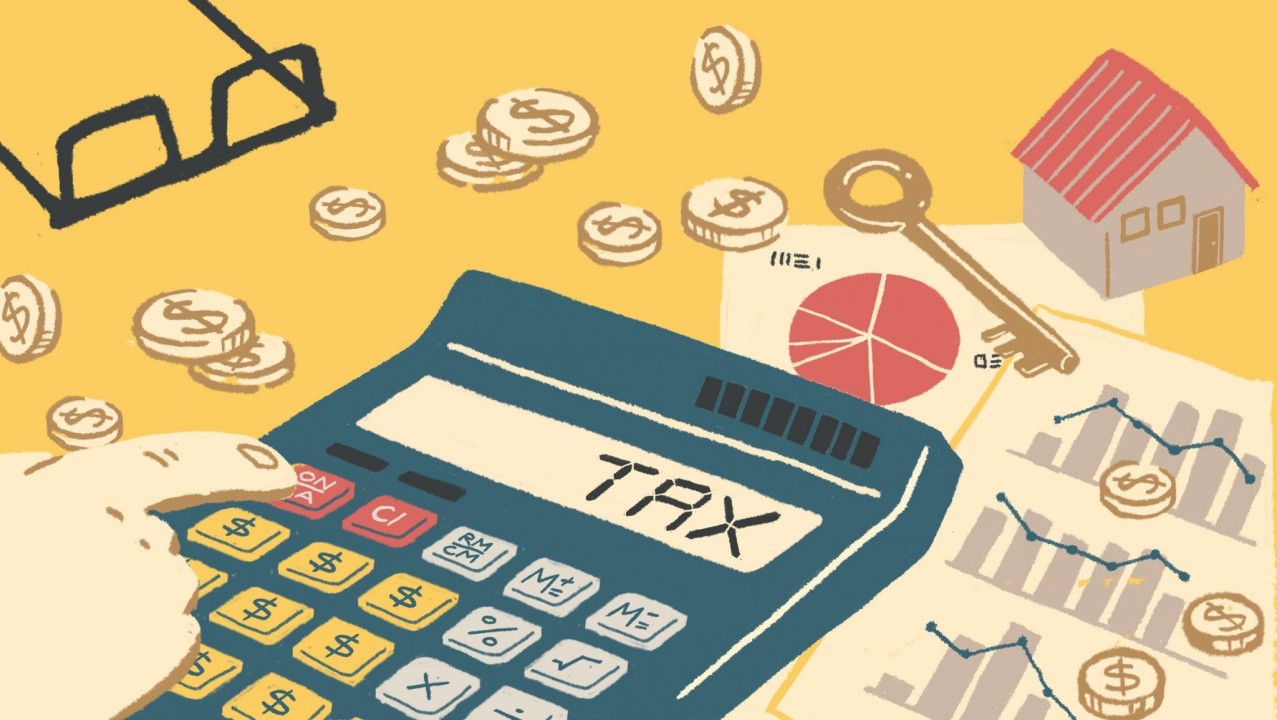The Federal Board of Revenue (FBR) in Pakistan has introduced significant changes to the Income Tax Ordinance, 2001, particularly with the incorporation of Section 7B. This pivotal addition outlines a structured framework for the taxation of profit on debt earned by individuals or non-corporate entities, ensuring clarity and precision in tax regulations.
Overview of Section 7B of the Income Tax Ordinance, 2001
Section 7B, as defined in the ordinance, specifically addresses the taxation of profit on debt derived by persons other than companies. This inclusion, updated through the Finance Act of 2021, is a critical step toward modernizing tax codes and ensuring compliance with evolving financial landscapes.
The salient features of Section 7B include:
- Applicability of Tax: The section applies to individuals and entities (excluding companies) receiving profit on debt.
- Specified Tax Rates: The tax rate is detailed in Division IIIA of Part I of the First Schedule, ensuring standardized computation.
- Exemptions and Limits: Certain profits are exempt or excluded from taxation under specific conditions.
Understanding the Taxable Income: What is Profit on Debt?
Profit on debt refers to income earned through interest or similar financial returns. This includes profits from:
- Bank deposits.
- Government securities.
- Corporate bonds.
- Loans provided to individuals or entities.
By targeting non-corporate recipients of such income, Section 7B ensures inclusivity within the tax framework while maintaining fairness in tax liabilities.
Breakdown of Section 7B Provisions
Tax Imposition on Profit on Debt
According to Sub-section (1) of Section 7B:
- A tax is imposed on every individual or non-corporate entity earning profit on debt.
- The applicable tax rate is defined in Division IIIA of Part I of the First Schedule.
This provision ensures uniformity and clarity in determining taxable income across various sources of profit on debt.
Computation of Tax
Sub-section (2) provides a straightforward formula for tax calculation:
- The tax is calculated by applying the relevant tax rate to the gross amount of profit on debt.
This simple and direct approach minimizes errors and ensures transparency in tax computations.
Exemptions and Limits
Sub-section (3) introduces two key exemptions:
- Exempt Profit: Any profit on debt exempt under the ordinance is excluded from taxation.
- Threshold Limit: Profits exceeding five million rupees are not subject to Section 7B’s provisions.
These exemptions strike a balance, ensuring relief for smaller-scale earners while maintaining fairness for higher income brackets.

Tax Rates: Insights from Division IIIA of Part I of the First Schedule
The tax rates specified in Division IIIA provide a tiered structure, promoting equity among taxpayers. These rates are proportionate to the amount of profit earned, ensuring fairness in the taxation process. Taxpayers are advised to refer to the First Schedule for precise rate details applicable to their income levels.
Key Benefits of Section 7B Implementation
- Enhanced Revenue Collection: By targeting previously untaxed income streams, Section 7B bolsters national revenue.
- Simplified Tax Compliance: Clear guidelines and straightforward computation methods reduce ambiguities.
- Fairness in Taxation: Tiered rates and exemptions ensure equitable treatment of different income groups.
Navigating Section 7B: Practical Considerations
To comply with Section 7B, individuals and entities must:
- Accurately Report Income: Ensure all profits on debt are disclosed in tax returns.
- Understand Exemptions: Identify whether your income qualifies for exemptions under the ordinance.
- Calculate Tax Correctly: Apply the relevant tax rate to the gross profit amount.
Failure to adhere to these requirements may result in penalties or legal complications, emphasizing the importance of meticulous compliance.
Challenges and Recommendations
While Section 7B simplifies tax processes, some challenges remain:
- Awareness Gap: Many taxpayers are unaware of the new provision’s details.
- Compliance Complexity: Interpreting exemptions and thresholds may require professional assistance.
To address these challenges, the FBR should intensify awareness campaigns and provide accessible resources for taxpayers.
The introduction of Section 7B to the Income Tax Ordinance, 2001, marks a significant milestone in Pakistan’s tax landscape. By focusing on profit on debt earned by non-corporate entities, this provision enhances the comprehensiveness and efficiency of the tax system.
Taxpayers are encouraged to thoroughly understand the section’s provisions, seek professional guidance when needed, and ensure accurate reporting to avoid potential liabilities. As the FBR continues to refine tax regulations, Section 7B stands as a testament to its commitment to fostering a balanced and transparent taxation framework.

